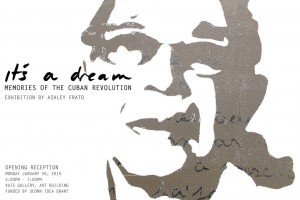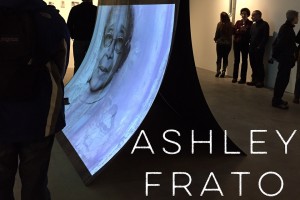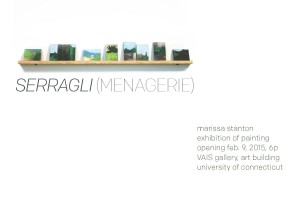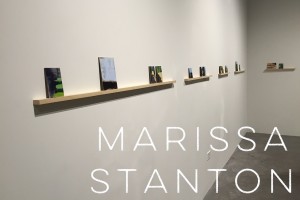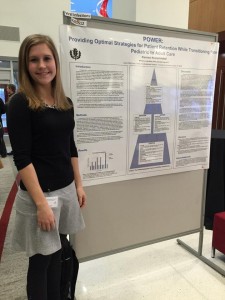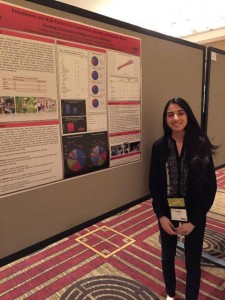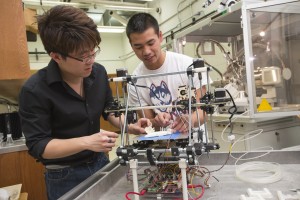
Please join us in congratulating the UConn undergraduates named below for their significant research and creative accomplishments in fall 2015. Students: if you have an accomplishment to share, please do so using this online form.
AWARDS
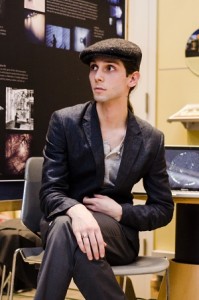
Congratulations to Antonio Campelli ’15 (SFA), winner of a 2016 Marshall Scholarship for MFA study at Goldsmiths, University of London. Antonio graduated as a University Scholar, was a member of the first cohort of UConn IDEA Grant recipients in Spring 2013, and received a SURF Award for Summer 2014. Learn more about Antonio in his UConn Today profile; learn more about prestigious award programs like the Marshall Scholarship via the Office of National Scholarships & Fellowships.
PUBLICATIONS
John Ovian ’17 (CLAS) and Rebecca Wiles ’15 (CLAS) were co-authors on two recent publications from the Leadbeater Lab:
Kelly, C.B., Ovian, J.M., Cywar, R.M., Gossland, T.R., Wiles, R.J., Leadbeater, N.E. (2015). Oxidative cleavage of allyl ethers by an oxoammonium salt. Organic & Biomolecular Chemistry, 13, 4255-4259.
Hamlin, T.A., Kelly, C.B., Ovian, J.M., Wiles, R.W., Tilley, L.J., Leadbeater, N.E. (2015). Toward a unified mechanism for oxoammonium salt-mediated oxidation reactions: A theoretical and experimental study using a hydride transfer model. Journal of Organic Chemistry, 80, 8150-8167.
Nikita Sturrock ’16 co-authored a 2014 publication from the Kanadia Lab:
Baumgartner, M., Lemoine, C., Al Seesi, S., Karunakaran, D.K.P., Sturrock, N., Banday, A.R., Kilcollins, A.M., Mandoiu, I. and Kanadia, R.N. (2015), Minor splicing snRNAs are enriched in the developing mouse CNS and are crucial for survival of differentiating retinal neurons. Developmental Neurobiology, 75, 895–907. doi: 10.1002/dneu.22257
PERFORMANCES
The UConn Percussion Ensemble, under the direction of member Rex Sturdevant ’16 (SFA), presented Steve Reich’s minimalist masterpiece, Music for 18 Musicians, on December 1, 2015. Rex coordinated and directed this performance as his UConn IDEA Grant project. This performance marked the first time that the ensemble collaborated with wind, strings, and piano players, as well as four singers. This was also the longest work the ensemble has ever presented in concert, extending to nearly an hour in length. See photos of the performance below, and learn more about the piece and the participating musicians in the event announcement.
PRESENTATIONS
2015 LatCrit Conference – October 1-3, 2015 – Anaheim, CA
Maye Henning ’17 (CLAS) – OUR Travel Award recipient
Panel Presentation: Between citizenship and nationality: An overview of federal citizenship legislation for the U.S. Pacific Island territories, 1900 to present
Biomedical Engineering Society (BMES) Annual Meeting – October 7-10, 2015 – Tampa, FL
Michael Messina ’16 (ENG) – OUR Travel Award recipient
Mobile automated analysis of sperm quality
Women in Transportation Seminar (WTS) – October 8, 2015 – Meriden, CT
Nicole Prete ’16 (ENG)
Bridge weigh-in-motion (BWIM)
New England Psychological Association Annual Meeting – October 10, 2015 – Fitchburg, MA
Mallory Kloss ’16 (CLAS) – OUR Travel Award recipient
Psychological immersion in games
2015 IEEE Software Technology Conference – October 12-15, 2015 – Long Beach, CA
Qiwei Zheng ’16 (CLAS, ENG) – OUR Travel Award recipient
Oral Presentation: A data-driven approach to analyze the spatial and temporal variations in the distributed power grid system
Society for Neuroscience (SFN) Annual Meeting – October 17-21, 2015 – Chicago, IL
Ashlesha Dhuri ’16 (CLAS), Kaylene King ’16 (CLAS), & Sarthak Patel ’16 (CLAS) – OUR Travel Award recipients
Spatial reference memory acquisition in a water maze under light and dark conditions
Nikita Sturrock ’16 (CLAS) – OUR Travel Award recipient
The minor spliceosome snRNA’s U4atac and U6atac are down regulated in starvation induced stress response
Frontiers in Optics – October 18-22, 2015 – San Jose, CA
Michael Cantara ’16 (ENG) – OUR Travel Award recipient
Oral Presentation: Ultracold trimer formation energetics of Rb and K
Cameron Vickers ’16 (CLAS) – OUR Travel Award recipient
Ultracold long range molecule formation with Rb and K
American Institute of Chemical Engineers (AIChE) Annual Meeting – November 8-13, 2015 – Salt Lake City, UT
Notations are included below for students who won poster presentation awards in their divisions.
Kerry Davis ’16 (ENG) – 2nd place in Material Science Division – OUR Travel Award recipient
Materials for additive manufacturing
Victoria Drake ’16 (ENG) – OUR Travel Award recipient
Respiratory response of Staphylococcus aureus biofilm to daptomycin exposure
Jake Lewis ’16 (ENG) – 1st place in Environmental Division – OUR Travel Award recipient
Microbial mediated soil water retention
Clarke Palmer ’16 (ENG) – OUR Travel Award recipient
Oral Presentation: Analysis of a simulated moving bed configuration for chemical-looping combustion
Kyle Such ’16 (ENG) – 2nd place in Fuels, Petrochemicals, and Energy – OUR Travel Award recipient
Dynamic simulation of a combined cycle power plant integrated with chemical-looping combustion
Yijia Sun ’16 (ENG) – OUR Travel Award recipient
Synthesis of zeolitic enwrapped catalysts by chemical vapor deposition
Obesity Week 2015 – November 2-6, 2015 – Los Angeles, CA
Kate Boudreau ’17 (CLAS) – OUR Travel Award recipient
#WeTakeTheStairs: A study of the effects of school spirit posters on stair taking behavior in a university dormitory
Melanie Klinck ’15 (CLAS) & Jessica Naples ’16 (CLAS) – OUR Travel Award recipients
Get off the couch! Increasing physical activity through the use of social support and financial incentives
Ashley Mills ’16 (CLAS) – OUR Travel Award recipient
Does labeling spoodles in a college dining hall impact food selection patterns?
Aaron Plotke ’17 (CAHNR, CLAS) – OUR Travel Award recipient
Effect of physical activity calorie equivalent labeling on selection of high-calorie foods in a college dining hall
Materials Research Society (MRS) Fall Meeting – November 29-December 4, 2015 – Boston, MA
Kathleen Coleman ’16 (ENG) – OUR Travel Award recipient
Shock-induced melting of Al powder compacts at atomic scales
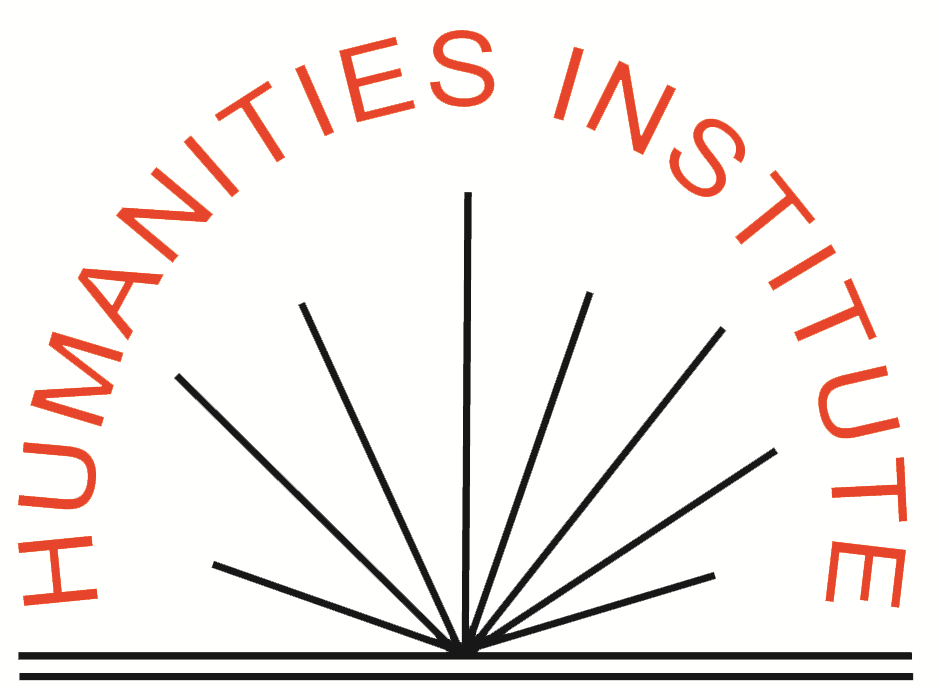 Project Title: Beat Your Gums: A History of Collected Stories and Reflections of Massachusetts Veterans
Project Title: Beat Your Gums: A History of Collected Stories and Reflections of Massachusetts Veterans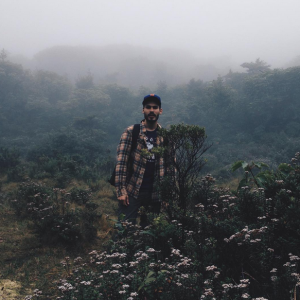
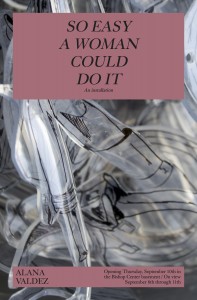
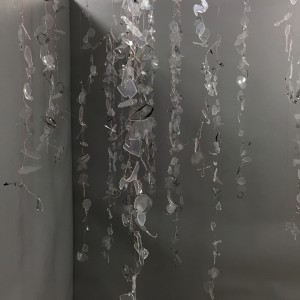
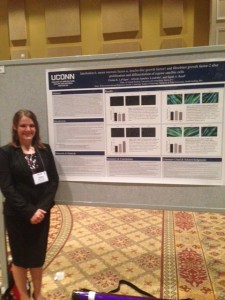
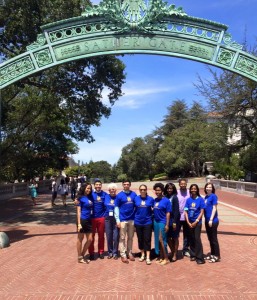
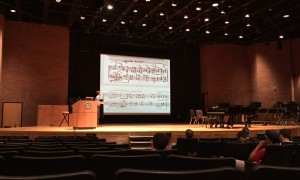
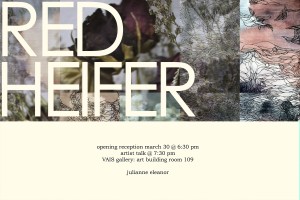

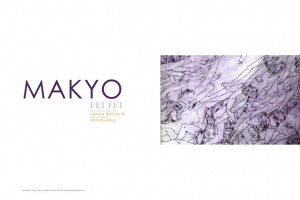
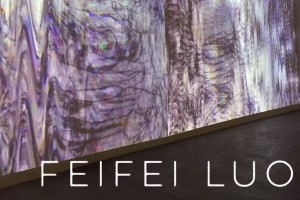
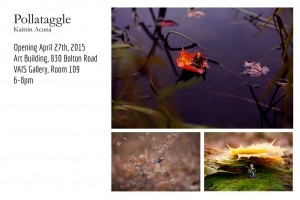
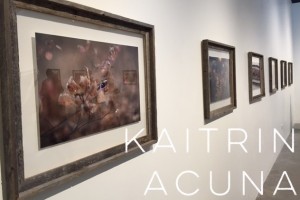
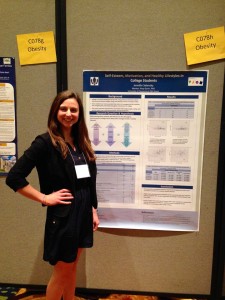
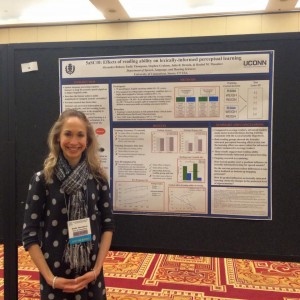
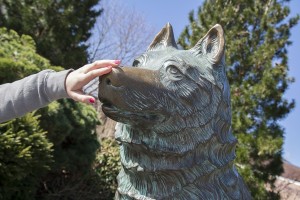 The Office of Undergraduate Research is pleased to announce the selection of 35 undergraduate students to receive
The Office of Undergraduate Research is pleased to announce the selection of 35 undergraduate students to receive 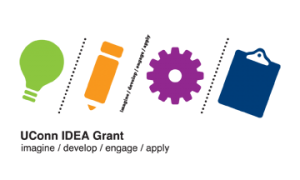 Congratulations to the thirty-seven UConn undergraduates who have been awarded UConn IDEA Grants in the spring 2015 funding cycle!
Congratulations to the thirty-seven UConn undergraduates who have been awarded UConn IDEA Grants in the spring 2015 funding cycle!
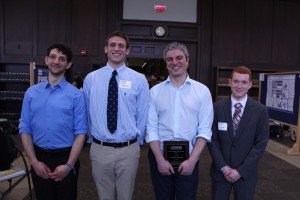
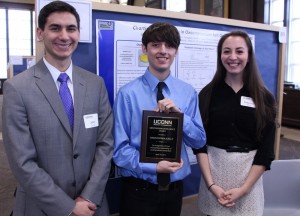
 Emily Thompson ’15 (CLAS) is the recipient of a 2014-15 ASHA Students Preparing for Academic-Research Careers (SPARC) Award from the American Speech-Language-Hearing Association (ASHA). This is a mentored award to support students who are pursuing careers in academia that integrate research and clinical practice. Emily’s Honors thesis research component will examine the effects of reading ability on perceptual learning in adults, and her teaching component will be to assist her advisor, Dr. Rachel Theodore, in preparing fMRI and EEG tutorials for a new interdisciplinary Honors core course on communication disorders. This SPARC mentorship experience will provide Emily with an opportunity to foster her teaching and research skills under the direction of Dr. Theodore. Emily is currently conducting her Honors thesis research in the UConn SLaP Lab, which examines perceptual learning in adults with dyslexia.
Emily Thompson ’15 (CLAS) is the recipient of a 2014-15 ASHA Students Preparing for Academic-Research Careers (SPARC) Award from the American Speech-Language-Hearing Association (ASHA). This is a mentored award to support students who are pursuing careers in academia that integrate research and clinical practice. Emily’s Honors thesis research component will examine the effects of reading ability on perceptual learning in adults, and her teaching component will be to assist her advisor, Dr. Rachel Theodore, in preparing fMRI and EEG tutorials for a new interdisciplinary Honors core course on communication disorders. This SPARC mentorship experience will provide Emily with an opportunity to foster her teaching and research skills under the direction of Dr. Theodore. Emily is currently conducting her Honors thesis research in the UConn SLaP Lab, which examines perceptual learning in adults with dyslexia.